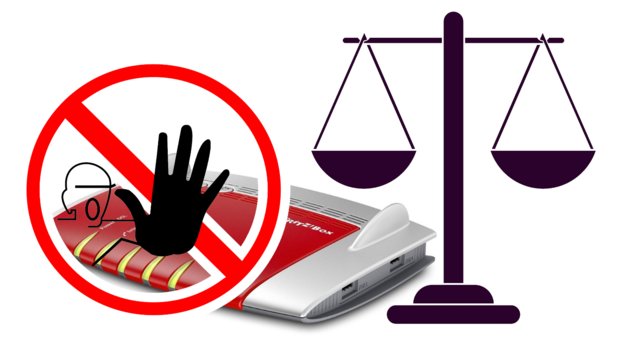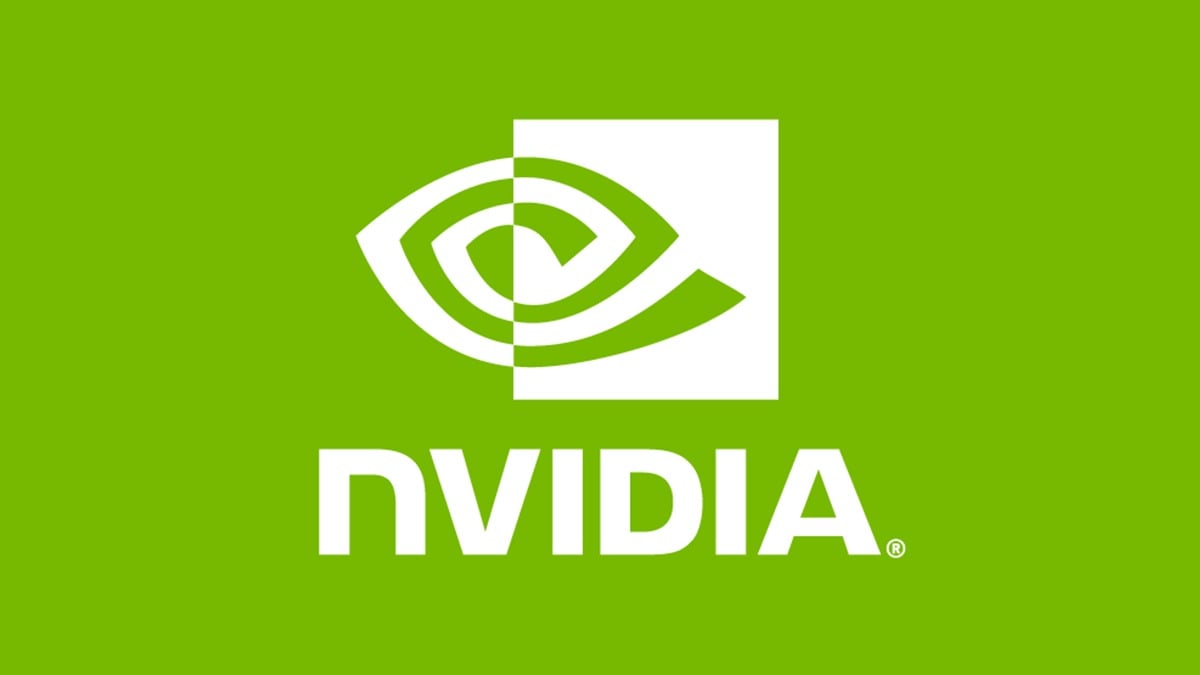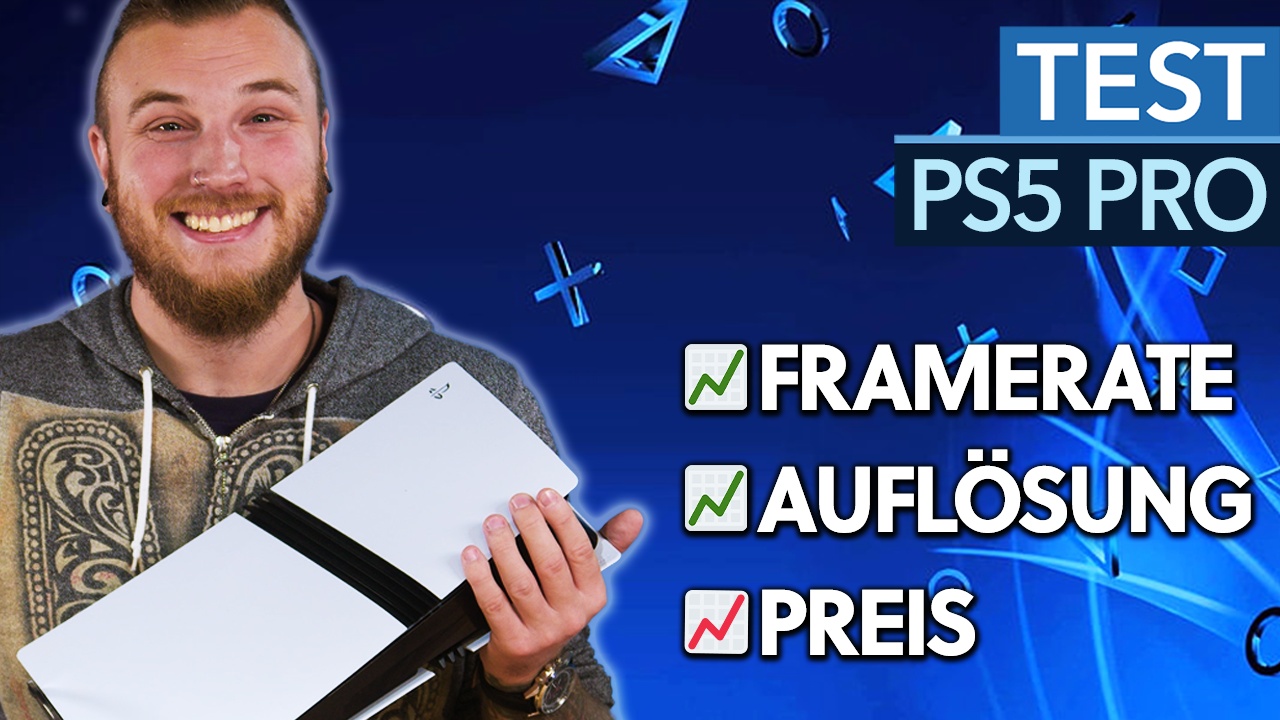
The regional court of Munich I has passed a judgment in the legal dispute between AVM and WOOG about the resale of used Fritz boxes. The court ruled in favor of the plaintiff (AVM).
WOOG Managing Director Carlo Faber was surprised and stated in a press release that he wanted to appeal after “our lawyers had examined the judgment”. Faber also indicated that if necessary he would go to the Federal Court of Justice “because fundamental questions arise here.”
What is the dispute between AVM and WOOG about?
AVM had initially obtained an injunction against WOOG before the Munich Regional Court in order to prevent WOOG from selling used Fritz boxes.
Among other things, WOOG buys used AVM routers from Unitymedia (UM), replaces the installed UM firmware with the current Fritzbox firmware and then sells the routers to end users.
AVM justified the application for an injunction with a reference to the trademark law, according to which the installation of the Fritzbox firmware should represent a change in the devices.
You can find a detailed discussion of the disputes in our article on the ban on selling Fritz boxes:
more on the subject
Dispute about used Fritz boxes: Dealers see the risk elsewhere
How does the Munich I Regional Court justify the decision in favor of AVM?
In its judgment, the Regional Court of Munich I confirmed the opinion of AVMs that the replacement of the firmware represented a change in the devices within the meaning of the Union Trademark Regulation (UMV, Art. 15 Para. 2):
“The installed firmware was replaced by another firmware, which is why the plaintiff’s characteristics of these devices can be expected to change without it being important whether the function was impaired as a result.”
According to the UMV, the court viewed this change as justification for a sales ban.
What are the consequences of the judgment?
Although the judgment is not yet final and WOOG has announced that it will appeal, the ban on sales remains in place as part of the injunction. The appeals process that follows now serves to examine the judgment from both a legal and factual perspective.
Both parties now have the opportunity to submit new facts or reasons for a decision to the Munich Higher Regional Court. The court of appeal then examines the judgment of the lower court in terms of content.
If the subsequent instances also confirm the judgment of the LG Munich I and maintain the ban on selling used Fritz boxes, WOOG will have to scrap around 20,000 stored Fritz boxes. WOOG Managing Director Carlo Faber therefore referred to environmental protection and was prepared to hold talks with AVM.
If the AVM and WOOG do not agree on a settlement, the legal dispute could drag on for some time. But we will inform you about the further development.






.png?width=1200&height=630&fit=crop&enable=upscale&auto=webp)


